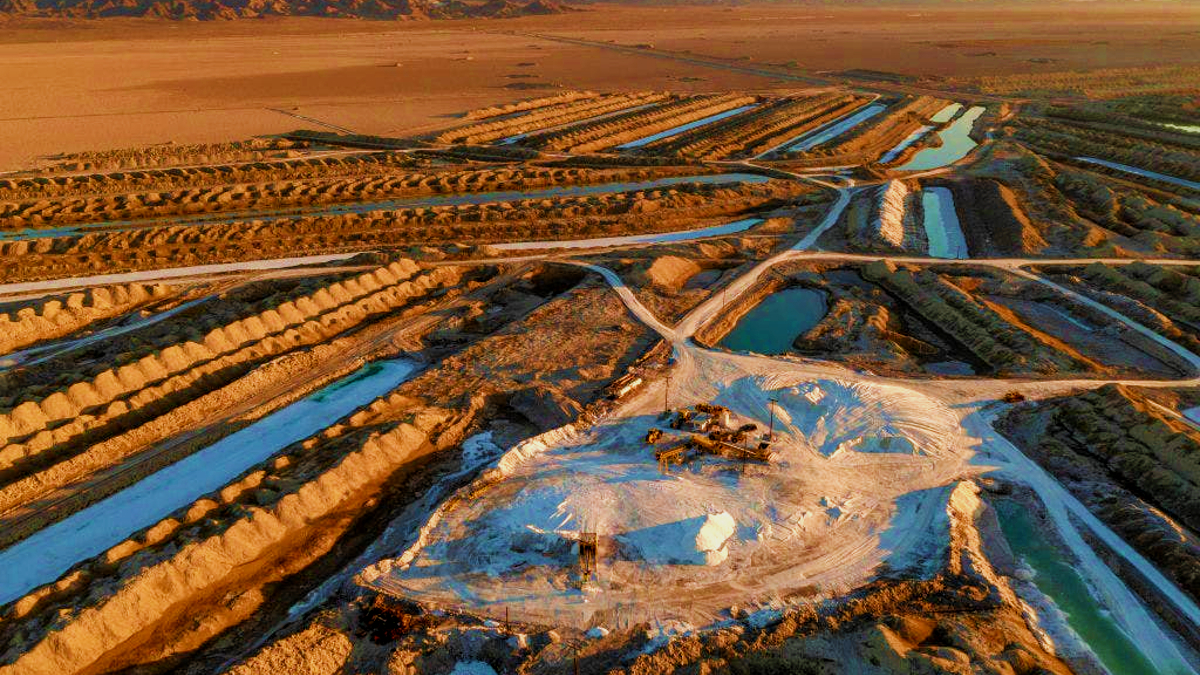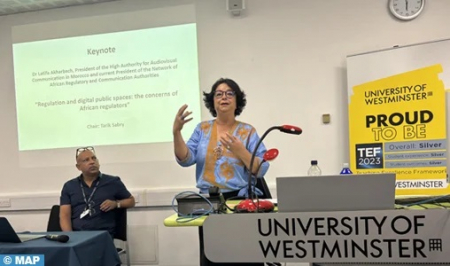Japan has secured deals with five African countries in a move aimed at mitigating Tokyo’s reliance on China for critical minerals, which comes as strategic competition between Western allies and China for access to key raw materials used in high-tech industry heats up.
Japan’s Economy, Trade and Industry Minister Yasutoshi Nishimura, accompanied by Ichiro Takahara, Chairman and CEO of Japan Organization for Metals and Energy Security (JOGMEC), has recently spent a week visiting five countries in southern Africa, namely Namibia, DRC, Angola, Zambia, and Madagascar. Nishimura’s Africa tour was touted as aiming to secure access to important minerals including rare earths, cobalt, lithium, and nickel.
During the trip, the minister concluded a series of agreements with the five African states to explore and extract minerals that are critical to Japan’s high-tech industry.
In Namibia, Nishimura and Takahara signed an agreement to explore deposits of rare earth minerals. In Angola, a joint agreement was signed aimed at advancing cooperation in the fields of trade and investment and supporting opportunities for Angolan and Japanese companies. The Japanese delegation has also signed agreements aimed at mineral exploration in the DRC, a country “endowed with cobalt, lithium, copper, etc, which are expected to see rapid growth in demand in the future as key materials for electric vehicles,” JOGMEC notes.
In Zambia, Nishimura signed a joint statement on cooperation in the mining sector. In Madagascar, the primary subject of discussion reportedly was the Japan-and-Korea-majority-owned Ambatovy nickel and cobalt mining and refining enterprise, which is majority owned by Japan’s Sumitomo Corporation in partnership with Korea, which is estimated to be the world’s 10th largest source of nickel.
Nishimura noted that Japan is currently highly dependent on China for supplies of a number of key minerals. In view of China’s new restrictions on exports of gallium and germanium, both used in the semiconductor industry, he said that “there is an urgent need to tenaciously build an alternative supply network to reduce excessive dependence on China.” Japan, the minister said, “will take the lead in creating and promoting concrete measures to boldly advance exploration and mine development, strengthen the smelting business, develop alternative technologies and [establish] emergency stockpiles.”



